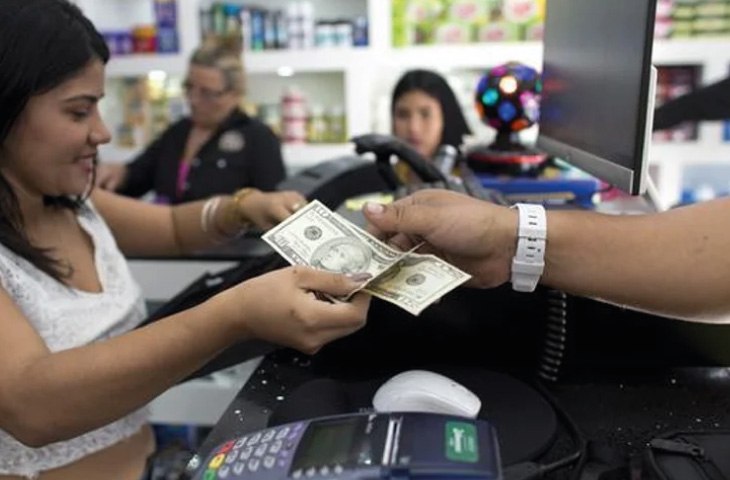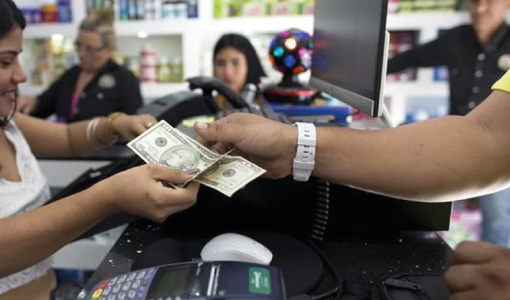
Caracas . The Venezuelan government extended for six months a tax exemption at customs, a measure that in 2019 favored imports of food and personal hygiene items that are largely offered by hundreds of stores known as bodegones that accept payments in foreign currency.
A decree published by the government of President Nicolás Maduro allows until June 2020 to exempt items such as milk, meat, grains, wheat, oats, sweets, preparations with cocoa, among others, from value added taxes, import taxes and customs regime fees. other articles.


The exemption also includes products such as soaps, diapers and other personal hygiene items, which during years of strict government regulations were almost impossible to obtain in supermarkets and pharmacies.
The tax benefit is aimed at public entities and private companies, says the resolution.
The relaxation of exchange and price controls and the fewer import procedures in force in 2019 encouraged local businessmen to buy items from wholesale stores in the state of Florida, United States, and bring them by private shipping companies to the country, according to a Reuters investigation.
In a tour of the capital, it was possible until the beginning of December to count at least 120 "bodegones" open, which outnumber some 27 supermarkets located in those same areas. Other stores announce opening at the beginning of 2019 in shopping centers of the city.
At the end of 2018, only a handful of businesses in Caracas were selling imported items priced in dollars. Now they multiply in several cities of the country.
The government chose to reduce controls and favor purchases of food and other goods by private firms abroad, once the sanctions imposed by Washington make it difficult for public entities to import and local industries continue to produce at a minimum due to low demand. which caused the oil nation's first hyperinflation.